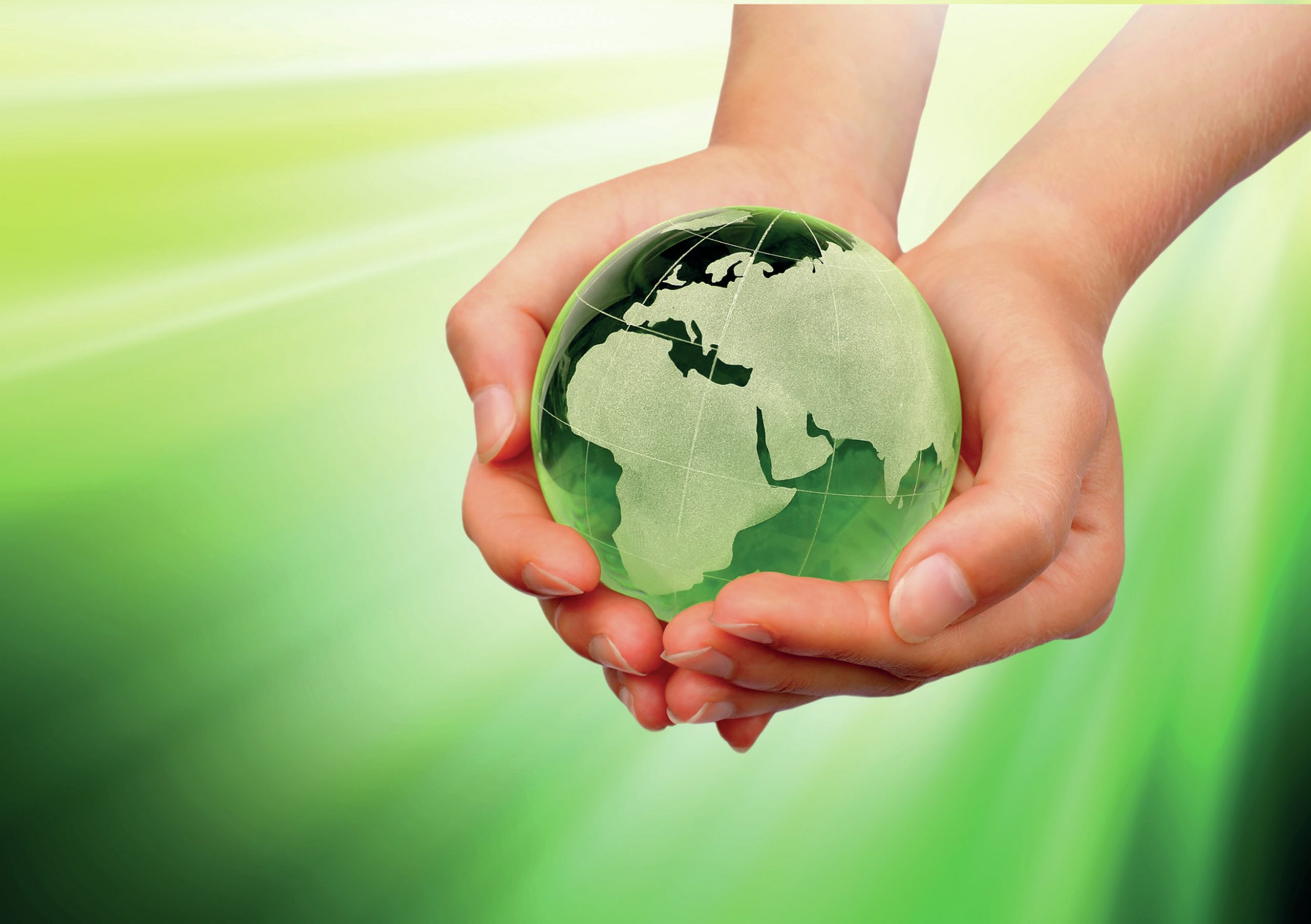
Twenty-first-century business operations have an important role in ensuring sustainability by creating a balance between the ecological, social and economic needs of people today and those of future generations. This might, for example, include the use of green technologies and recycling. There has been growing interest in the reporting of the triple bottom line (TBL) across for-profit, non-profit and government organisations to evaluate their performance.
Sustainability is a concept that promotes intergenerational equity, i.e. business activity enables consumption of goods and services for the people of today without compromising consumption for the people of tomorrow. Sustainability is about meeting the needs of the current generation in such a way that it does not jeopardise the needs of future generations. The triple bottom line (TBL) is a framework for sustainable business activity, with three ‘pillars’ that support sustainability (Figure 1):
Your organisation does not have access to this article.
Sign up today to give your students the edge they need to achieve their best grades with subject expertise
Subscribe




